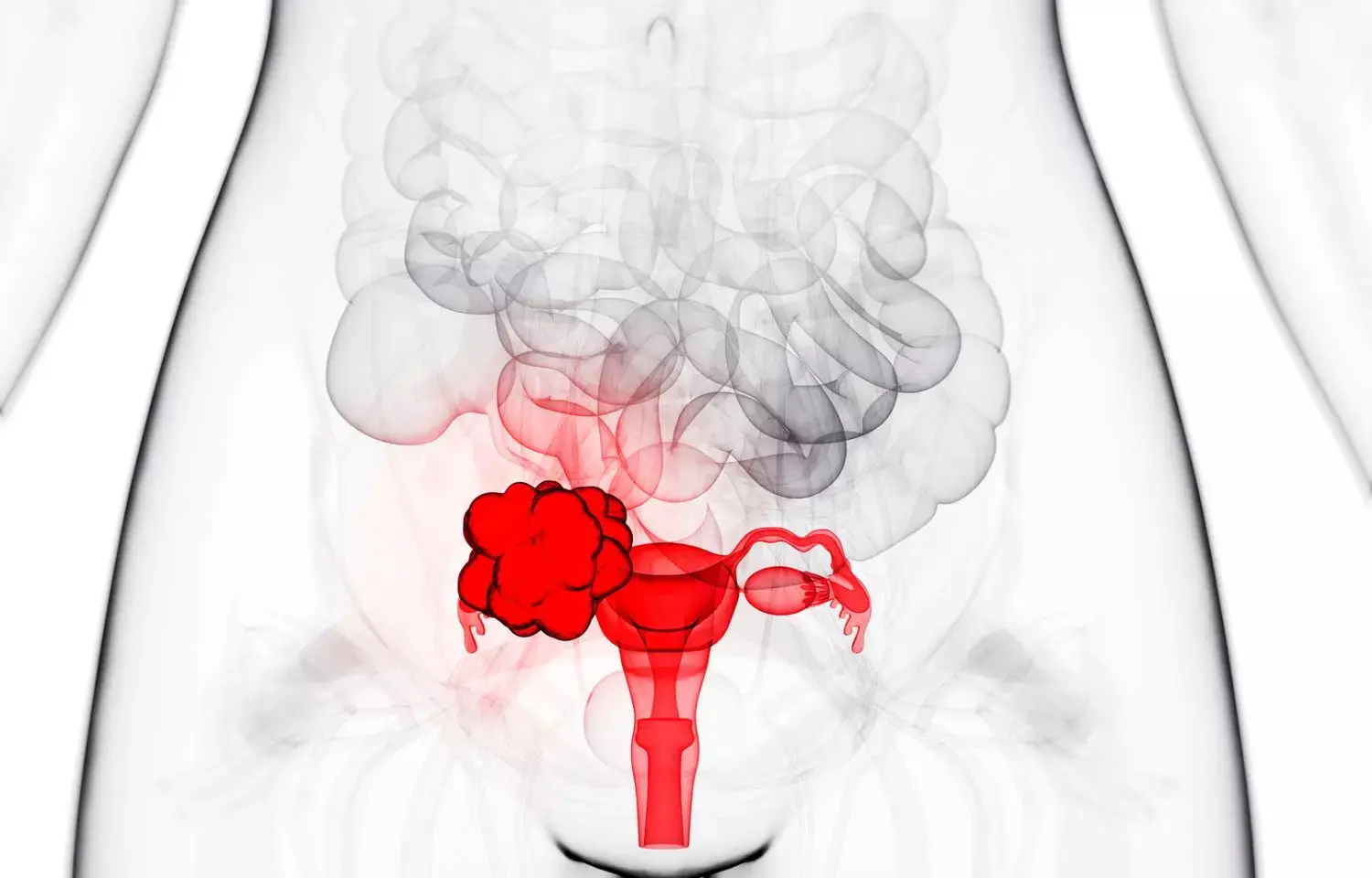- Home
- Medical news & Guidelines
- Anesthesiology
- Cardiology and CTVS
- Critical Care
- Dentistry
- Dermatology
- Diabetes and Endocrinology
- ENT
- Gastroenterology
- Medicine
- Nephrology
- Neurology
- Obstretics-Gynaecology
- Oncology
- Ophthalmology
- Orthopaedics
- Pediatrics-Neonatology
- Psychiatry
- Pulmonology
- Radiology
- Surgery
- Urology
- Laboratory Medicine
- Diet
- Nursing
- Paramedical
- Physiotherapy
- Health news
- Fact Check
- Bone Health Fact Check
- Brain Health Fact Check
- Cancer Related Fact Check
- Child Care Fact Check
- Dental and oral health fact check
- Diabetes and metabolic health fact check
- Diet and Nutrition Fact Check
- Eye and ENT Care Fact Check
- Fitness fact check
- Gut health fact check
- Heart health fact check
- Kidney health fact check
- Medical education fact check
- Men's health fact check
- Respiratory fact check
- Skin and hair care fact check
- Vaccine and Immunization fact check
- Women's health fact check
- AYUSH
- State News
- Andaman and Nicobar Islands
- Andhra Pradesh
- Arunachal Pradesh
- Assam
- Bihar
- Chandigarh
- Chattisgarh
- Dadra and Nagar Haveli
- Daman and Diu
- Delhi
- Goa
- Gujarat
- Haryana
- Himachal Pradesh
- Jammu & Kashmir
- Jharkhand
- Karnataka
- Kerala
- Ladakh
- Lakshadweep
- Madhya Pradesh
- Maharashtra
- Manipur
- Meghalaya
- Mizoram
- Nagaland
- Odisha
- Puducherry
- Punjab
- Rajasthan
- Sikkim
- Tamil Nadu
- Telangana
- Tripura
- Uttar Pradesh
- Uttrakhand
- West Bengal
- Medical Education
- Industry
Frequent Aspirin Use Shows Promise for Preventing Ovarian Cancer in Individuals at Higher Risk

Frequent aspirin use is linked with lower ovarian cancer risk in individuals with multiple risk factors, according to a new study published in the Journal of Clinical Oncology.
"Ovarian cancer is the most fatal gynecologic cancer. Most known risk factors of ovarian cancer-such as family history, mutations in the BRCA 1 and 2 genes, and endometriosis-can't be modified," says Britton Trabert, PhD, MS, investigator in the Cancer Control and Population Sciences Program at Huntsman Cancer Institute and assistant professor of obstetrics and gynecology at the University of Utah School of Medicine.
This new research holds promise because it shows an actionable step people at higher risk of ovarian cancer can take to reduce their chance of developing the disease.
"Daily, or almost daily, aspirin use was associated with a 13% reduction in ovarian cancer risk and we found that aspirin benefitted most subgroups. Importantly, this research provides further evidence that ovarian cancer chemoprevention with frequent aspirin use could benefit people in higher-risk subgroups."
A 2018 study showed daily aspirin use is linked with reduced ovarian cancer rates. However, individual studies have not been able to look at whether aspirin would be beneficial to people at varying risk of disease.
Subgroups were defined by individual factors like endometriosis, obesity, a family history of breast or ovarian cancer, pregnancy, oral contraceptive use, tubal ligation, and by number of risk factors: none, one, and two or more.
"We pooled data from 17 studies, nine prospective cohort studies from the Ovarian Cancer Cohort Consortium, and eight case-control studies from the Ovarian Cancer Association Consortium that included more than 8,300 cases. This gave us a more detailed and accurate look than if we used published data."
"Aspirin use has been linked with major adverse events, including internal bleeding and stroke. We wanted to evaluate whether aspirin could prevent ovarian cancer in people at higher risk. Since aspirin helped people who had two or more risk factors, we hope patients and clinicians can use this research to have an informed conversation when it comes to potential preventive measures.
Individuals should consult their health care providers before beginning new medication in order to most appropriately balance any potential risks with the potential benefits."
Trabert's research focuses on identifying strategies for prevention or early detection of ovarian and endometrial cancers. Trabert earned a Department of Defense Investigator-Initiated Research Award related to her work with aspirin use and lower ovarian cancer rates.
Reference:
Frequent aspirin use shows promise for preventing ovarian cancer in individuals at higher risk (2022, July 26) retrieved 28 July 2022 from https://medicalxpress.com/news/2022-07-frequentaspirin-ovarian-cancer-individuals.html
Dr Kamal Kant Kohli-MBBS, DTCD- a chest specialist with more than 30 years of practice and a flair for writing clinical articles, Dr Kamal Kant Kohli joined Medical Dialogues as a Chief Editor of Medical News. Besides writing articles, as an editor, he proofreads and verifies all the medical content published on Medical Dialogues including those coming from journals, studies,medical conferences,guidelines etc. Email: drkohli@medicaldialogues.in. Contact no. 011-43720751


